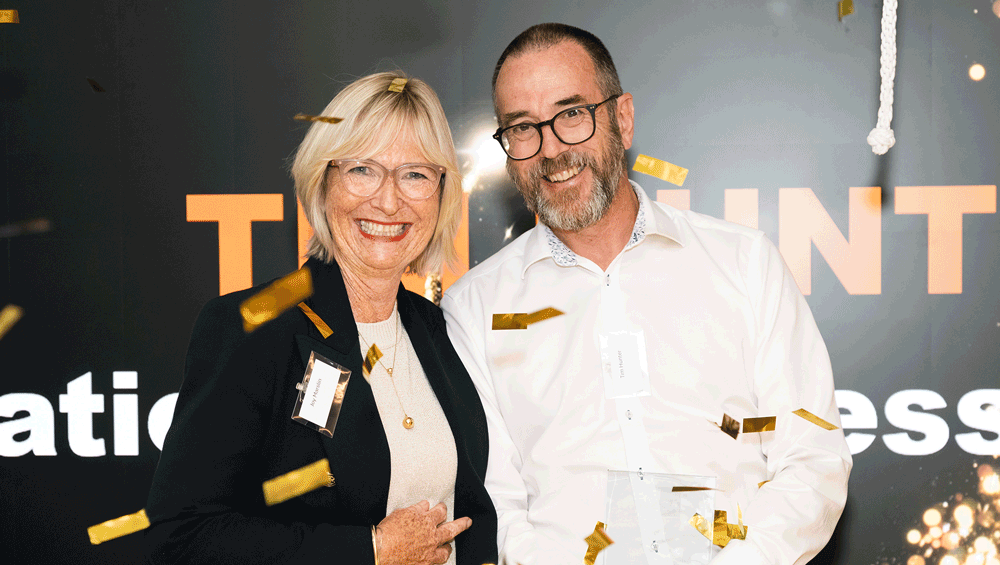
PETER HAMBRO: How to buy gold at a discount By Peter Hambro Updated: 10:21, 27 October 2024 e-mail View comments At today’s gold price of $2,733/Oz, just a single 400 Troy Ounce ‘Large Bar’ will cost you $1 million, or £840,000. Gold mining veteran Peter Hambro In the 1960s, the late Jocelyn Hambro, Chairman of his family bank, entertained her late Majesty Queen Elizabeth II and the Duke of Edinburgh to lunch in the bank’s famous dining room. Wanting to have a topic of conversation that might intrigue the Royal couple, he arranged for Mocatta & Goldsmid, then the bank’s wholly owned subsidiary that had been a bullion trader since 1684, to make a pile of gold, silver, platinum and cash that was worth £1million.
When their Majesties were taken into the vaults, deep under Bishopsgate in the City of London to inspect this amazing store of wealth it was an impressive sight. In those far-off days, a 400 Troy Ounce Large Bar would have cost $14,000 or £5,000 to buy – say $35 or £12.5 per ounce.
Wouldn’t it be wonderful if you could still buy gold at those sorts of prices? Well, as a matter of fact you can! Not, of course in the form of shiny bricks that are so dense and heavy that it is difficult to pick up single handed, or the toffee-shaped 10 Tola bars that are so much loved in the Gulf and in India, To buy this super-cheap gold you must buy it in situ; in the place where Mother Nature so kindly put it, as the Earth’s crust cooled, and the grains of gold were trapped in the epithermal quartz veins and granite rocks. Does this mean picking up your rock-hammer and trudging through jungles, swamps, or snow drifts? Certainly not! The gold mining companies whose shares are traded on the world’s stock exchanges can be valued by measuring their published resource and reserve ounces of gold and the Stock Exchanges have specific ways in which these can be measured and published. Canada’s 43-101 method and the Australian JORC are the most widely accepted.
The all-in sustaining cost of extracting the gold – AISC as it is known - gives a good guide as to how difficult it is for any specific company to get to the shiny bar position. The capability and reputation of the management is another crucial factor in determining the relative value of a particular gold deposit and, perhaps the most important of all is the political risk inherent in the location of the mine. The price of gold has skyrocketed over the last year When looking at Reserves and Resources one needs to think about these risks.
As a rough guide Reserves have an 85percent chance of becoming actual gold bars and inferred resources only a 10percent chance. That is is why gold-in-the-ground – GITG - trades at a discount to the published price of gold. The table below gives a snapshot of five large gold mining companies ranked by the best value of their gold in the ground.
Newmont, with 226 million ounces in all categories probably only has 120.6 million ounces of GITG. But, by buying its shares you are buying gold that will likely be delivered over many, years at a 20 per cent discount.
RELATED ARTICLES Previous 1 Next MARKET REPORT: Silver soars as gold hits yet another record...
Pension chasm exposed: How you could pay SIX times more to...
Share this article Share Small exploration companies present a different opportunity because they tend to be valued on less scientific measurements. The late, great Julian Baring, one of the absolute best gold fund managers of his generation and sadly missed by the mining industry for his innate understanding of the risks and rewards available, had a more simple valuation mechanism on his Psion hand-held calculator. He measured 'reserve ounces, about-to-be discovered ounces' and the 'blah-blah ounces', and the 'cut of the jib' of the owner.
This evaluation was much quicker than working through the table and probably more successful, but it relied on the same basic tenets. He worried about the small exploration companies – which are generally the feeders for the big boys – where it is the immediate potential that is important. The successful smaller player will usually be bought out at a premium by a large mining company that does not want to bother with grass-roots exploration.
Julian called them 'Lobster Pots' - easy to get in and hard to get out. But the good lobsters get eaten. Drilling and assaying can be expensive, particularly in difficult terrain and when deciding what to invest in, this is a factor.
Having the money to drill sample holes so that the geological and mining experts can transform ‘about to be discovered’ gold into actuality is where to big opportunities for investors lie and where Julian specialised. Read More MARKET REPORT: Silver soars as gold hits yet another record high To move the price of shares significantly in a big producer requires a sudden increase in production, which is hard to achieve - or a reduction in costs which is even harder. Whereas, for a small explorer, the doubling of the reserve and resource base is relatively easy for the owner of an exploration area that has been summarily explored, drilling targets identified and only core drilling and assaying needs to be done.
Picking the right one is key. London and the AIM market used to be the key in Julian’s time but Toronto and its Venture Exchange now wears the crown. It is easy to deal there.
But keep your wits about you and remember what Mark Twain said: 'A mine is a hole in the ground with a liar standing next to it.' Peter Hambro has more than 40 years of experience in the precious metals market and gold mining. He is a part-owner of several private gold exploration properties in South America and is chairman and a shareholder in Canadian gold exploration firm XAU Resources.
DIY INVESTING PLATFORMS AJ Bell AJ Bell Easy investing and ready-made portfolios Learn More Learn More Hargreaves Lansdown Hargreaves Lansdown Free fund dealing and investment ideas Learn More Learn More interactive investor interactive investor Flat-fee investing from £4.99 per month Learn More Learn More Saxo Saxo Get £200 back in trading fees Learn More Learn More Trading 212 Trading 212 Free dealing and no account fee Learn More Learn More Affiliate links: If you take out a product This is Money may earn a commission. These deals are chosen by our editorial team, as we think they are worth highlighting.
This does not affect our editorial independence. Compare the best investing account for you Share or comment on this article: PETER HAMBRO: How to buy gold at a discount e-mail Add comment Some links in this article may be affiliate links. If you click on them we may earn a small commission.
That helps us fund This Is Money, and keep it free to use. We do not write articles to promote products. We do not allow any commercial relationship to affect our editorial independence.
More top stories.













